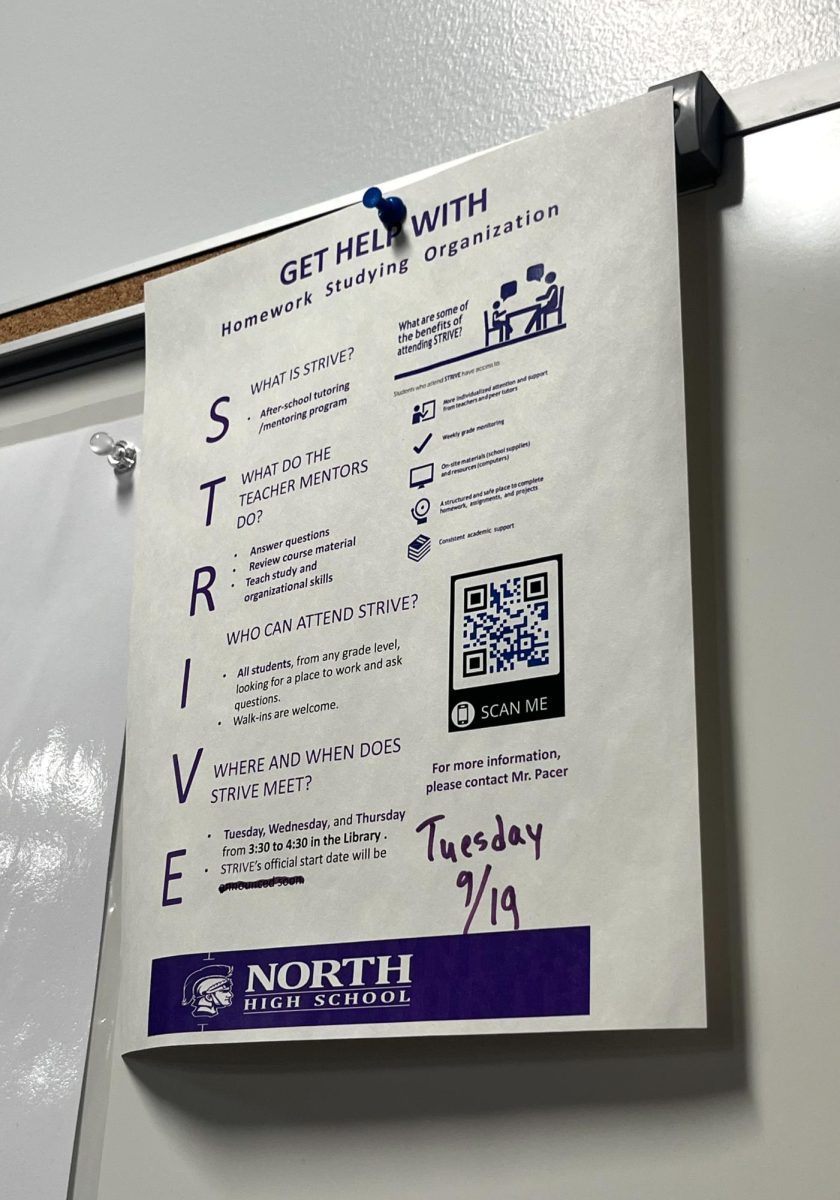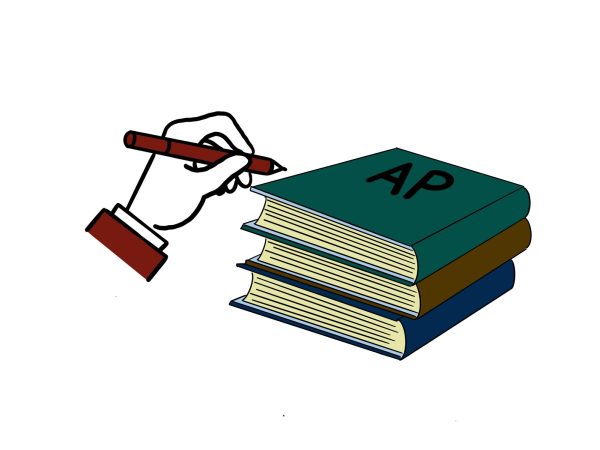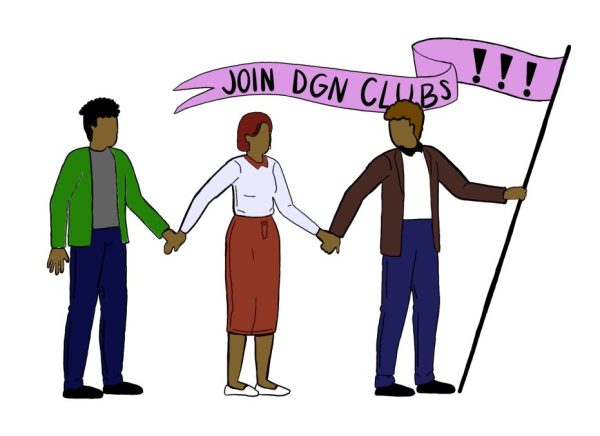SWITCHING ROLES: Students evaluation teachers
January 30, 2018
Have you ever thought about what it would be like if you “graded” your teacher? Many teachers ask students at the end of the year or semester about the class and how the teacher taught it, but how seriously do they take our input? What if the teacher was absolute trash and you conveyed your message through an “evaluation” in class but they continued to teach in their same ways?
I believe students should be able to “grade” their teachers just like teachers grade us. By “grade”, I essentially mean that students should be able to evaluate their teachers each year or semester on categories involving their ability to teach and input on how the teacher handles a class setting.
These mandatory evaluations that students do on each teacher will not only help the teacher but will also help the district administration to know how well their staff is performing. The elevation will be made by the administration where students are encouraged to answer questions completely and honestly for the best results.
This should be implemented because it is important for students to reflect on their teachers. During meetings and institute days teachers do a variety of different things. This can include (but not limited to) meetings with department chairs and hearing speakers. While these days can be helpful, student input can benefit the school district in different ways. For example, one way could be that since students are interacting with their teachers on a day-to-day basis, most students will know their teachers strong and not so strong features and teaching techniques. With the feedback from students, the administration, as well as the teacher, can actually implement changes and improve the class settings as need.
This evaluation will have a bigger impact on the teacher because the administration is looking at it. The short evaluations that teachers can pass out in class are for themselves, so that means the teacher can accept the criticize and improve or not care about the evaluation and their students’ feedback.
When the student evaluation is done, the administration can thoroughly look at how students feel about their teacher’s performance in teaching and handling the class environment. The accumulative input the teachers receive will then administer the way the district evaluates the teacher. This means that the evaluations done by the students will affect the teachers in one way or another. For instance, if a particular teacher receives a below average evaluation from most of her students then that could alert the district.
These evaluations should not take more than 10-15 minutes per teacher. I would be a great idea for students to have a day off so that they can spend quality time on each evaluation. This day can potentially even count as a “teacher institute day” because students are providing the district with valuable information about each teacher and these evaluations will help teachers grow in their respective areas.
It is important that school districts here out students about their teachers in a yearly evaluation. This can not only help the students but also help the school district reach a higher standard of teaching. Students will have the much needed opportunity to reflect on their teachers which will be seen by the administration.











